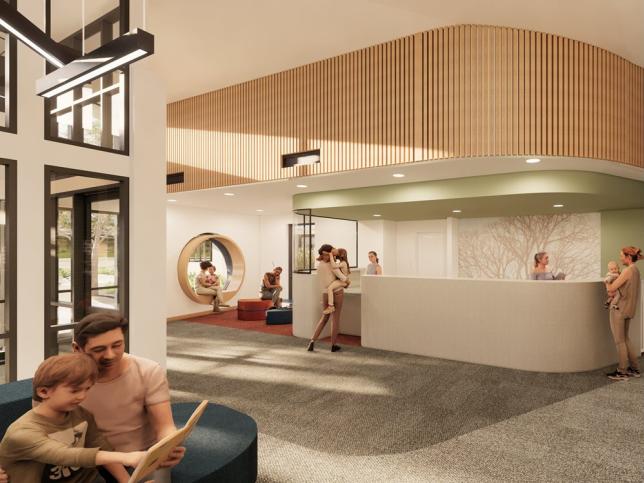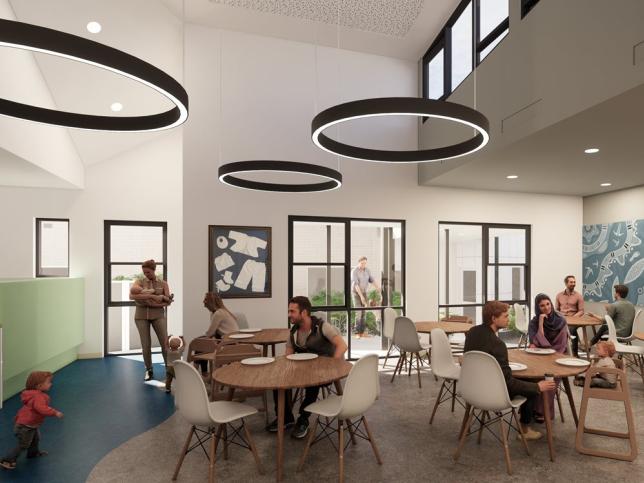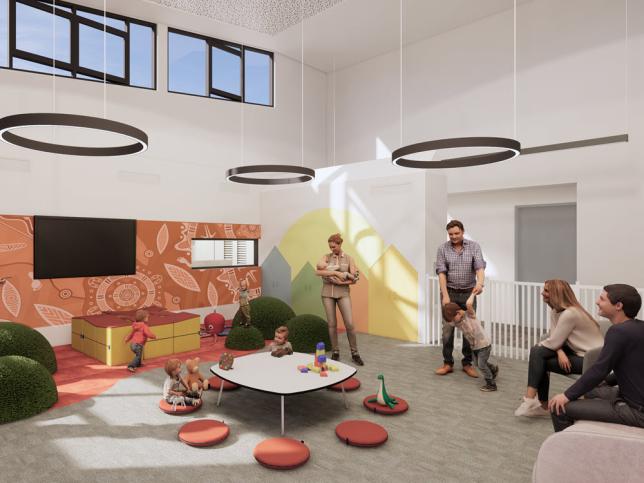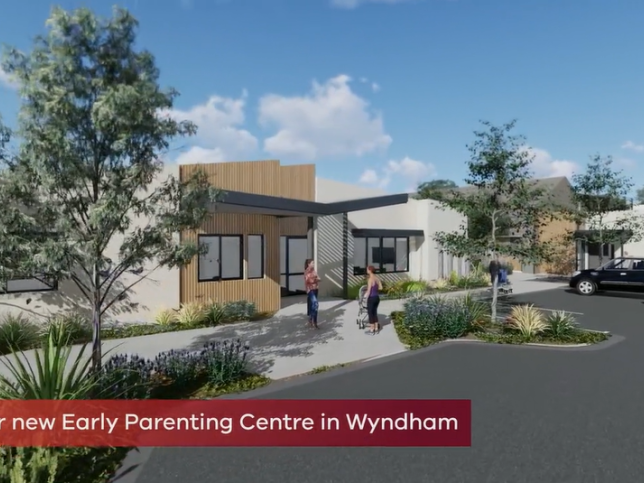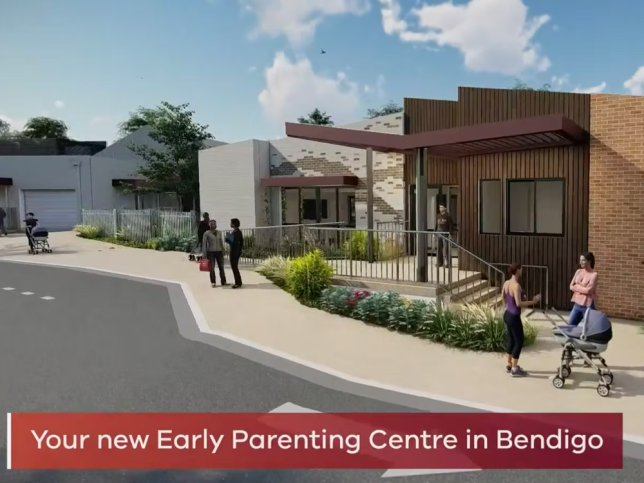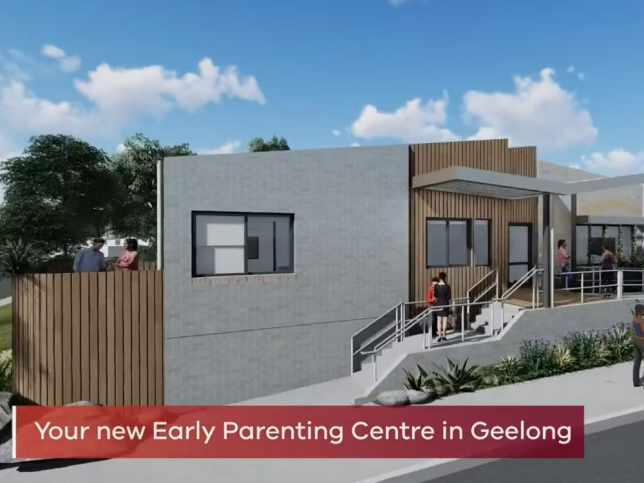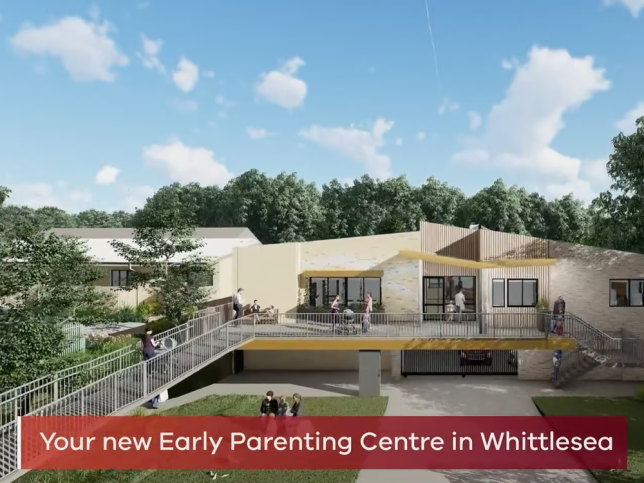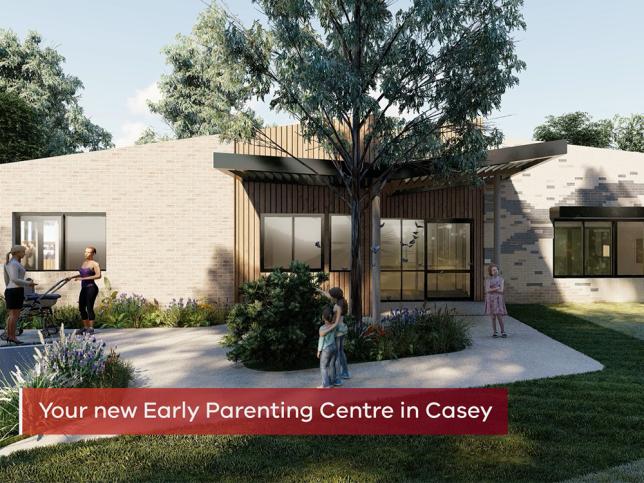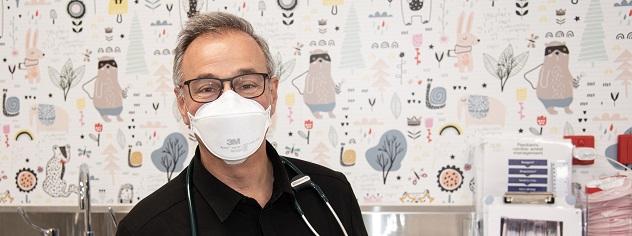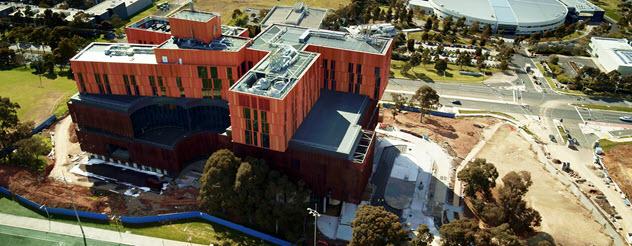An expanded Victorian EPC network will support a wider range of families - upwards of 5,000 each year - and ensure that more new parents receive early parenting support when they need it, closer to home, family, and support networks.
The good news is all Victorian families with children from birth and up to four years who need more specialised or targeted support can access these services.
Referrals to EPCs are usually from maternal and child health services, maternity services, general practitioners, and family support services. Families can also self-refer.
The services offered at EPCs in Victoria are state-wide services. This means new parents and carers can choose to attend any centre within the EPC network.
What to expect at an EPC
Services and experiences at EPCs vary depending on each family’s needs. Tailored programs can be delivered in person or via telehealth and can range in duration from hours to days.
Upon arrival, families receive an orientation of the centre and an outline of the program. This includes:
- assessment of family’s needs and parent’s goals and the development of an individual flexible program that will work for their family
- practical strategies that can be used at home
- group education that considers each family’s individual requirements
- referrals for additional support services in the community.
Parents are encouraged to actively participate in the EPC programs to develop safe, positive environments and relationships with their children. They are supported through one-to-one interactions with staff, group education sessions exploring parenting techniques, self-directed learning and sustained practice.
For residential stays, families are provided with meals and private residential rooms, as well as access to safe outdoor spaces to relax and play with their children.
The residential family suites are designed to be flexible and to support different family structures.
This means families may be able to bring multiple children, or accommodate an older sibling, grandparent or other carer during their stay.


